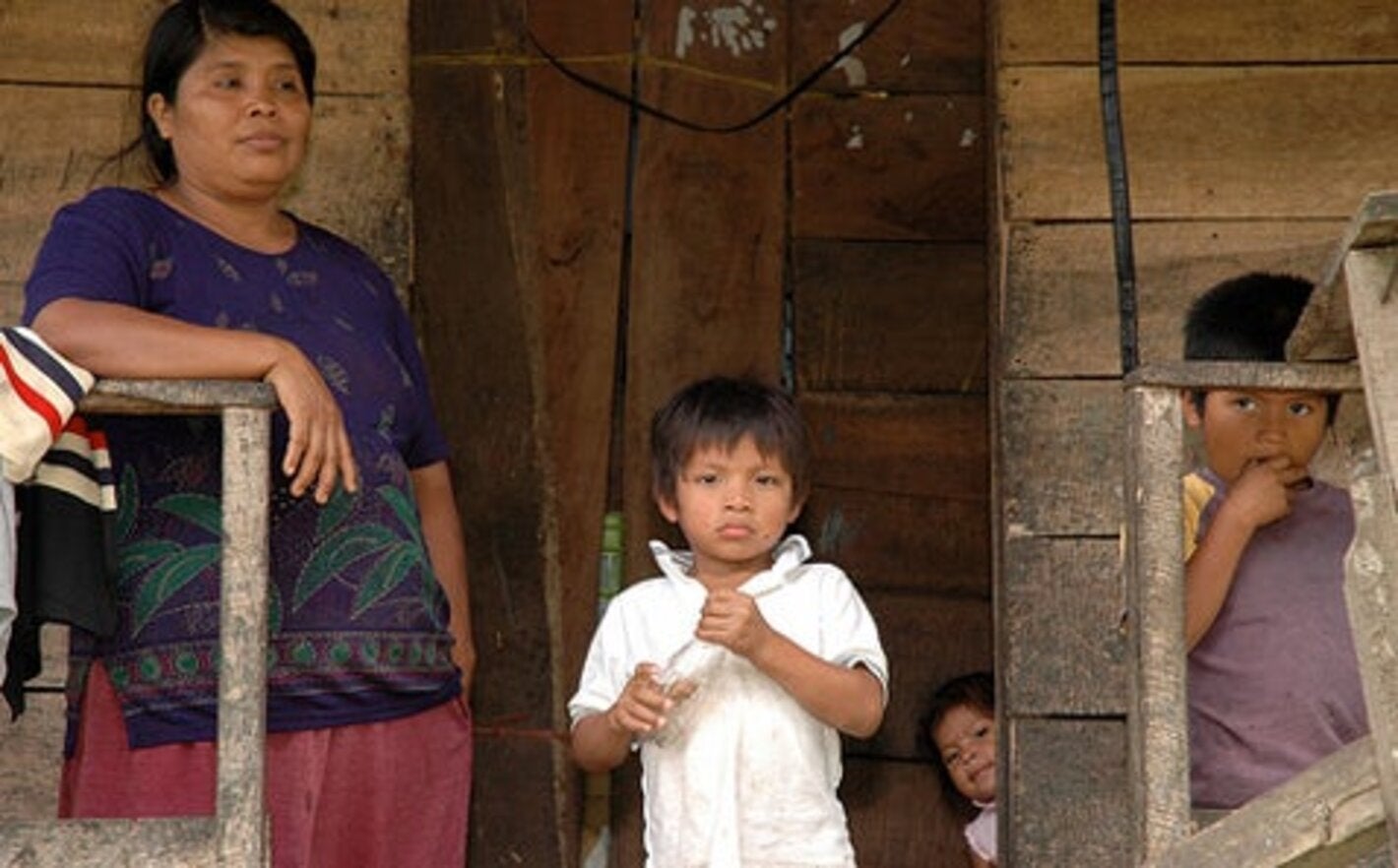
At OAS General Assembly, Member States adopt a resolution that supports the fight against poverty-related diseases
Washington, D.C., 10 June 2013 (PAHO/WHO) — The Pan American Health Organization (PAHO) today welcomed a new commitment by countries of the Americas to strengthen the fight against neglected infectious diseases, as expressed in a June 6 resolution adopted by the General Assembly of the Organization of American States (OAS).
The resolution reiterates the countries' commitment to take action to eliminate or reduce the impact of 12 neglected infectious diseases by the end of 2015, a goal originally established by health authorities of the region in 2009.
"The OAS resolution represents a big step forward in implementing urgent actions that need to be taken to ensure that, by 2015, these diseases are no longer a public health problem," said PAHO Director Carissa F. Etienne.
More than 100 million people in the Americas suffer from neglected infectious diseases, which tend to affect groups that are poor, marginalized, and have difficulty accessing health, water, and sanitation services.
"The control and elimination of neglected infectious diseases could become one of our region's important public health achievements," said Etienne. "Working jointly with other partners, we can contribute to the elimination of these diseases and in so doing, reduce inequities in the Americas."
The resolution passed by the OAS General Assembly seeks "to add value to existing efforts and to contribute to PAHO's effort in this important area of work, especially in light of the Organization's role as the central organ of the Inter-American system."
Progress in the elimination or control of these diseases in the Americas includes:
- Leprosy has been eliminated at the national level in 34 of the region's 35 countries.
- Elimination of household transmission of Chagas disease by the principal vector has been achieved in 14 countries, and universal screening of blood donors has been implemented in 20 of 21 endemic countries.
- Lymphatic filariasis has been eliminated in three countries.
- Transmission of onchocerciasis has been eliminated or interrupted in 10 of the 13 foci in the Americas.
Neglected diseases, which are caused by different microorganisms, are largely chronic infectious diseases that have lasting effects on health. They can affect growth, physical and intellectual development, and the learning capacity of those who are affected.
Prevention and control of these poverty-related diseases requires an integrated approach with multisectoral actions and low-cost interventions. This means not only providing medicines but also working on vector control, educating the public about prevention, and improving access to water and sanitation.
PAHO was founded in 1902 and is the oldest international public health organization in the world. It works with all the countries of the Americas to improve the health and the quality of life of the people. It acts as the Regional Office for the Americas of the World Health Organization and also serves as the specialized agency in health for the Inter-American system.
Links:



